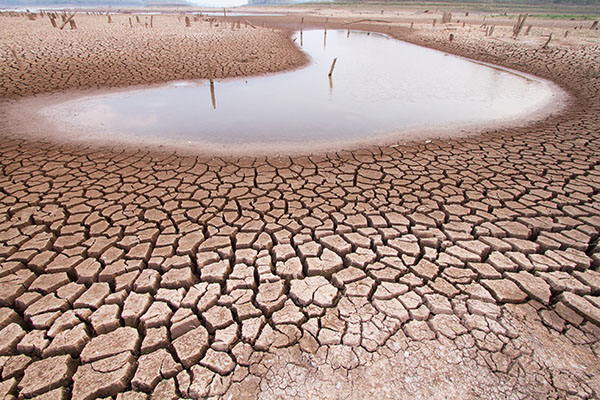
As a report on the finding states, this simple filtration system could potentially change the lives of more than a few million people in the developing world by enabling a faster and much more effective process of purifying water. Meanwhile, the researchers behind it themselves state that compared to existing processes, which are expensive, time-consuming, and inadequate when dealing with certain contaminants, their method is far superior.
According to the researchers, their creation – a novel water filtration system called Graphair – offer a better way of producing potable water that have been taken from contaminated sources. "Conventional water-filter membrances used in water purification are made from polymers and cannot handle a diverse mix of contaminants," they explained. "They clog or allow contaminants to pass through, so they have to be separated out before the water is filtered."
The researchers said that their technology can create clean, drinking water, regardless of how dirty it is, all in one single step. (Related: Clean water graphene breakthrough could allow millions to drink filtered seawater.)
The system created by the researchers was born out of a rather simple method of using a thin layer of graphene to filter microscopic pollutants while letting water pass right through. They had to create their own type of graphene using soybean oil specifically for the filtration system to make it work, but the effort has paid off well for them. After applying the Graphair film to a standard water filtration membrane, they saw how effective it was right away.
In testing, the researchers found that their new filtration system was able to turn highly polluted water that had been taken from Sydney harbor into drinkable water in a shorter amount of time. In fact, they said that the Graphair filter kept working even after it had been covered with pollutants.
And the best thing about it is that it's not only faster and more effective, it's also a lot cheaper and environmentally friendly to produce. That's because they used renewable soybean oil to produce the graphene in their Graphair system instead of using conventional methods.
According to Dr. Dong Han Seo, a CSIRO scientists who worked on the project, their system may be the perfect fit for the needs of those who are suffering due to the lack of potable water in the developing world. "Almost a third of the world's population, some 2.1 billion people, don't have clean and safe drinking water. As a result, millions – mostly children – die from diseases associated with inadequate water supply, sanitation and hygiene every year," he explained.
"In Graphair we've found a perfect filter for water purification. It can replace the complex, time consuming and multi-stage processes currently needed with a single step," he added.
Graphene is a kind of "miracle material" that has attracted the attention of scientists and other experts all over the world due to its interesting physical properties. This new water filtration system might be an unexpected invention, but it will surely be welcome in many parts of the world where it is currently needed.
Read more about water filter technology in WaterFilters.news.
Sources include:
Please contact us for more information.























